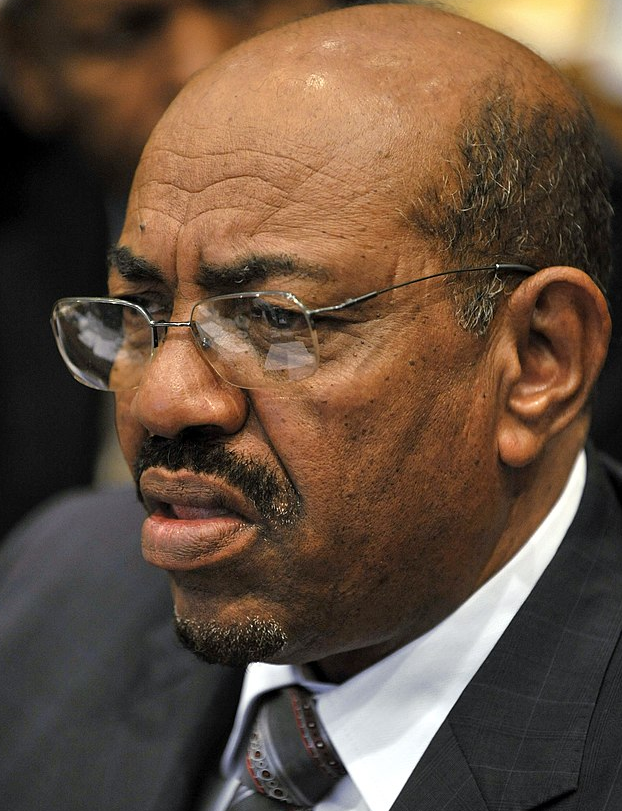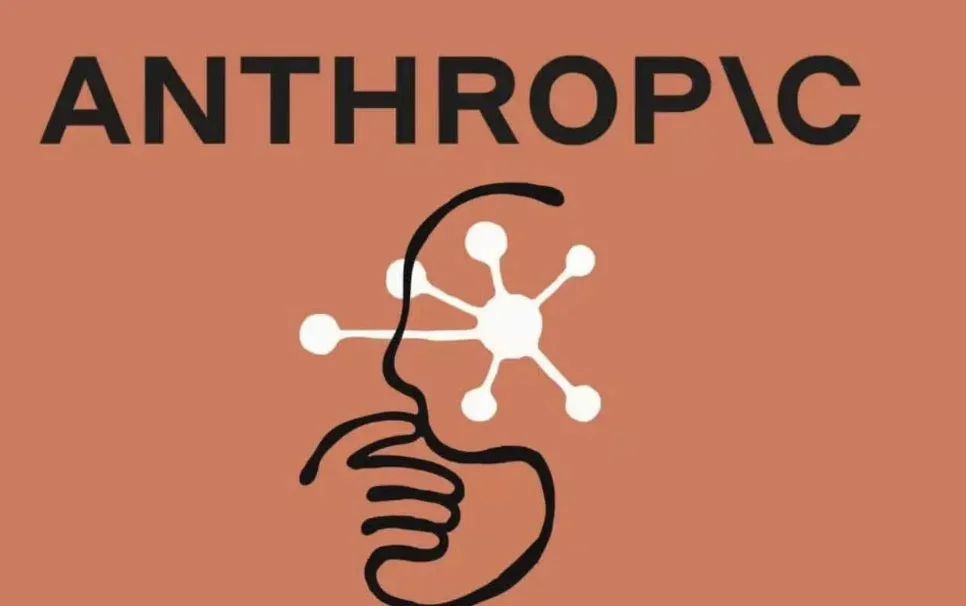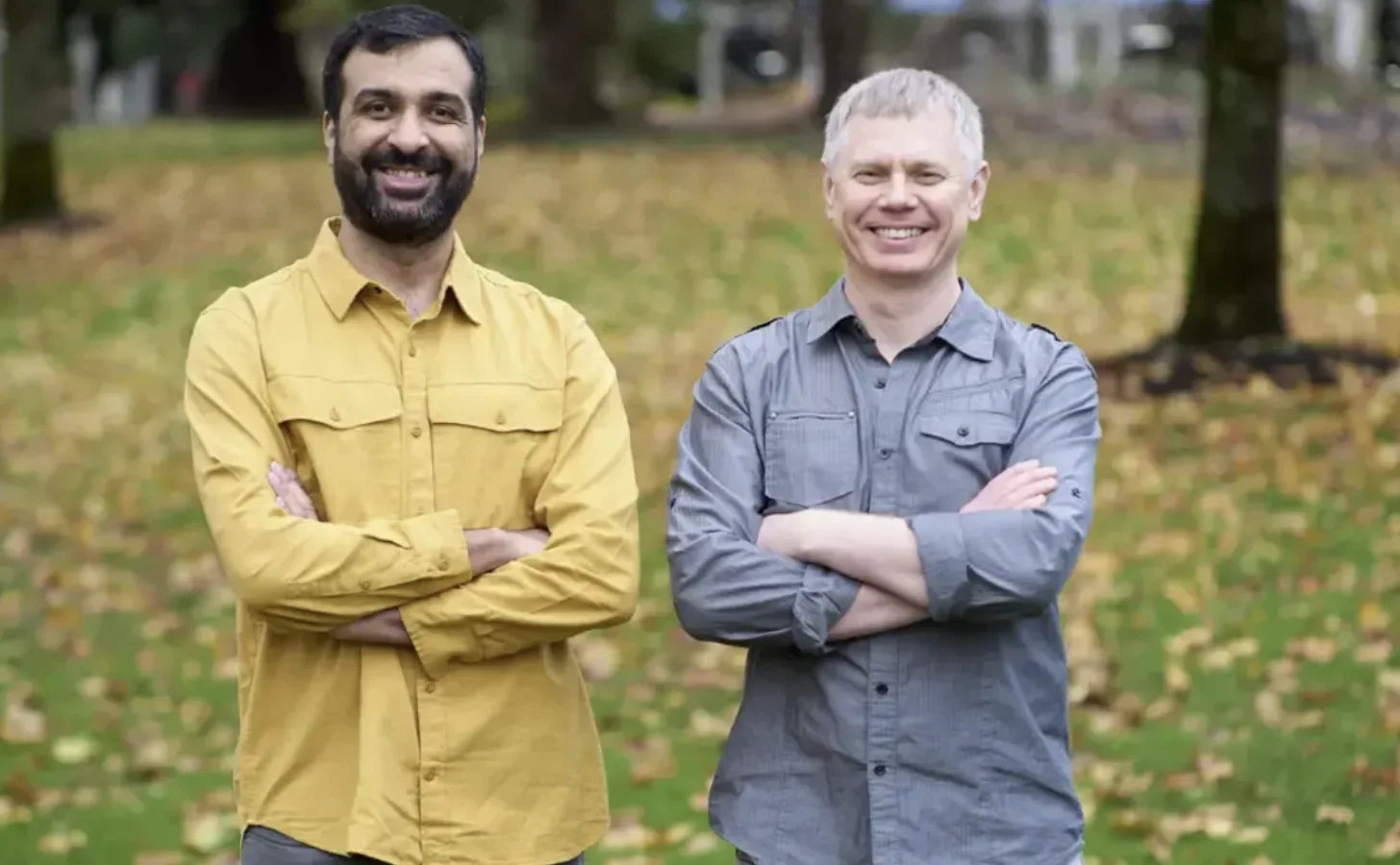Civil unrest has long plagued Sudan, exacerbated by the dictatorship of Omar al-Bashir. Amplifying the tension, a recent campaign on TikTok employed artificial intelligence (AI) to mimic al-Bashir, the ex-leader of Sudan. This has garnered extensive attention, further complicating the already intricate situation in a nation grappling with civil strife.
Leaked Recordings
Videos purported to be “leaked recordings” of al-Bashir have been circulating since late August from an unidentified account. While the channel has released numerous videos, the voice impersonating al-Bashir is synthetic.
Al-Bashir, toppled by the military in 2019 and facing war crimes allegations, has remained out of public sight for over a year. Rumours suggest he is gravely ill, although he has refuted claims of his involvement in war crimes. The uncertainty surrounding his current status only intensifies the chaos in Sudan, especially with the recent clashes between the military and the opposing Rapid Support Forces militia group.
“It is the democratization of access to sophisticated audio and video manipulation technology that has me most worried,” said Hany Farid, who researches digital forensics at the University of California, Berkeley, in the US.
“Sophisticated actors have been able to distort reality for decades, but now the average person with little to no technical expertise can quickly and easily create fake content.”
The campaign underlines the potential of contemporary tools to spread fabricated content rapidly and inexpensively across platforms like TikTok, according to experts. This artificial voice content is disseminated via a channel named The Voice of Sudan. These posts combine archival footage from past press events, news segments, and alleged “leaked recordings” linked to al-Bashir. Many simulate the ambiance of meetings or phone calls, complete with the low-quality audio one would anticipate from a poor phone connection.
Verification
To verify the veracity of the recordings, the BBC engaged a group of Sudan specialists from BBC Monitoring. Ibrahim Haithar indicated that they probably weren’t of recent origin.
“The voice sounds like al-Bashir but he has been very ill for the past few years and doubt he would be able to speak so clearly,” said Haithar
Another angle the BBC explored suggested it wasn’t simply an old TV clip making a reappearance nor likely the creation of a mimic. The most definitive clue was provided by a user from X, previously known as Twitter. This individual identified the initial al-Bashir recording from August 2023, which seemingly has the leader chastising General Abdel Fattah Burhan, the chief of the Sudanese army.
A popular Sudanese political commentator, Al Insirafi, who is believed to reside in the US, aired a Facebook Live broadcast two days prior to the al-Bashir recording. Although their voices aren’t similar, the content is identical. When played simultaneously, the clips align seamlessly. Farid’s analysis of the audio waves reveals matching speech and silence patterns, indicating the use of voice conversion software.
Further investigation unveiled a trend. Multiple al-Bashir recordings traced back to the same blogger’s live sessions, though no proof indicates his involvement. The TikTok account, deeply entrenched in Sudanese politics, frequently criticizes army head, Gen Burhan. The aim could be to insinuate Bashir’s active role in the war or to endorse a political stance using his voice. The actual intent remains nebulous.
When the BBC reached out, The Voice of Sudan denied any deception, stating their intent as: “I want to communicate my voice and explain the reality that my country is going through in my style.” They denied affiliations with any groups.
Misleading Listeners
Henry Ajder, who explored the growth of synthetic media in his BBC Radio 4 series, believes that the large-scale attempt to impersonate Bashir holds significance for the region and could easily mislead listeners.
“What’s alarming is that these recordings could also create an environment where many disbelieve even real recordings,” said Mohamed Suliman, a researcher at Northeastern University’s Civic AI Lab.
Featured image: Credit: Public Domain






